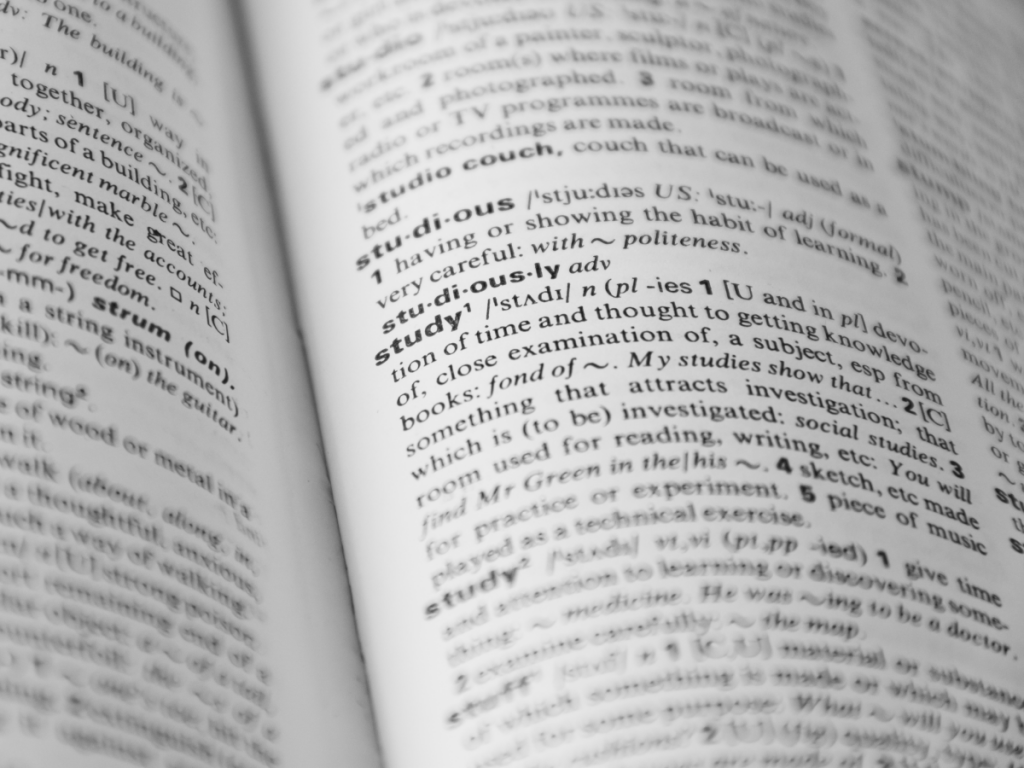What are you going to do?If you’re tempted to answer a similar question: “Well, I don’t know, but I guess,” maybe it’s time to stop.
To make a assumption is to give something as a fact without worrying about seeking evidence that underscores our reasoning, seeks an explanation and then reinforces it with successive reflections and comments, the problem is that the person who assumes usually end up believing in this fact ? by himself. The most serious thing is that, in many cases, thereafter, he does not even remember the origin of such a claim.
- So.
- As we see.
- It is very common for a harmless hypothesis generated by the “simple and innocent habit of talking about others” to end up becoming a false rumor and.
- Ultimately.
- A lie.
Taking on can ruin someone else’s reputation, because even if he insists that he only express his opinion, not a fact, when his statement began to “flow,” the part where he said he wasn’t sure. And surprisingly, even if you don’t if you discuss your ideas with anyone else, you can still create a distorted image of the person in question in your own head. And all this for a simple, innocent hypothesis?
Whether the dialogue is with another person or with yourself, you can feed a lie, a lie directed against another person or against yourself, although the lie is not assumed, generates certain emotions and emotions are very difficult to erase. And even if they are erased, residues of suspicion and negative predisposition would remain.
Think about the feelings generated by the following assumptions
“She’s really cheating on you. ” Chances are he’s abusing the kids. “I guess your words aren’t sincere. I can’t believe he told us the truth.
Unfortunately, most of the assumptions we make are negative, humans tend to put more emphasis on bad news, but why does this happen?One theory says that this is due to the survival instinct, because through the development of the human being, more attention was paid when someone said, “Is this snake poisonous?” than when someone said “What a beautiful afternoon!”
According to this theory, this has led us to give more weight to negative things and, therefore, to give them more credibility, that is, unconsciously and to preserve ourselves, are we predisposed to think the worst of others?
We usually tend to assume that many things that happen have to do with us personally (although in reality most of the time we don’t even appear in history), that others know what we want or want, or that others will react like us. None of these assumptions are productive and acting on any of them can be devastating for everyone involved, including us.
What if you really care what someone’s done or why you did it?It’s very simple, ask him! A dialogue with the person involved is a hundred times more productive than an internal dialogue or with a third party, if you’re just making a hypothesis, you’re taking away the opportunity to talk.
When you make things happen, you can act on reliable information. If you’re not comfortable asking directly, you’ll need to evaluate whether this is a question that’s really yours. Otherwise, wouldn’t it be better to deal with other issues?
Assumptions are not always related to the behavior of others. There are other kinds of hypotheses that can become a big obstacle in our own way.
When we assume that we won’t love something we’ve never tried, or that we won’t be able to learn something new, or that we’ll never know this place we’ve dreamed of, are we building a wall?block our path to new experiences. Sometimes we assume that traditions are inevitable and that there is no different way of doing things, suffocates our creativity and makes us routine and stagnant.
In any case, we must avoid assumptions at all costs, both in relation to ourselves and others. In return, let’s check it out. Let’s ask ourselves, let’s find out. Try.
Image courtesy of Johan Larsson

